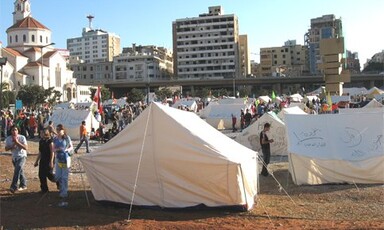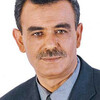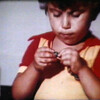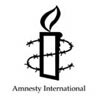
Core issues absent from Rice's peace rhetoric agenda
18 February 2007
Secretary of State Condoleezza Rice will meet today with Israeli Prime Minister Ehud Olmert and Palestinian President Mahmoud Abbas. Ostensibly, they are to talk of a “political horizon” in order for Abbas to relay to the Palestinian people a “vision” of what could be. This now appears to be little more than a hallucination put out for public consumption. Borders, Jerusalem, and Palestinian refugees cannot be expected to highlight the agenda. Consequently, if these three issues are not central to discussions, this is not a political horizon but a cliff for Palestinians. A horizon, properly viewed, simply cannot omit these three central concerns. Read more about Core issues absent from Rice's peace rhetoric agenda








